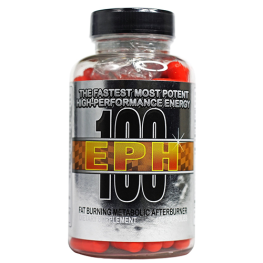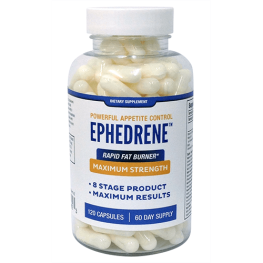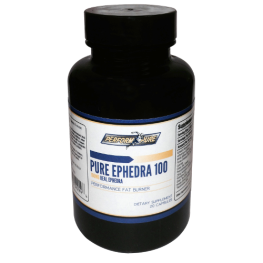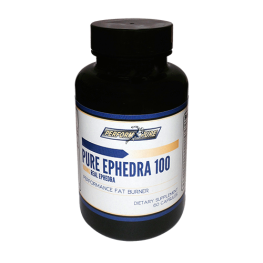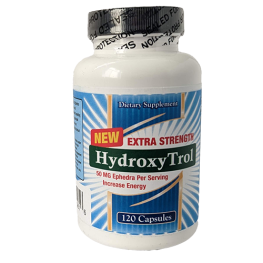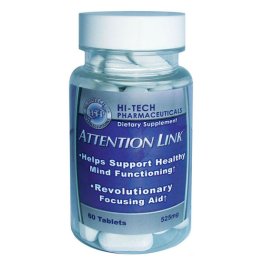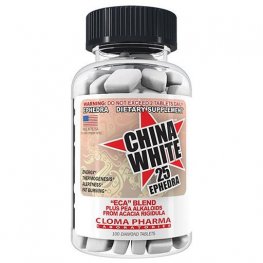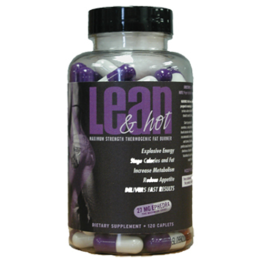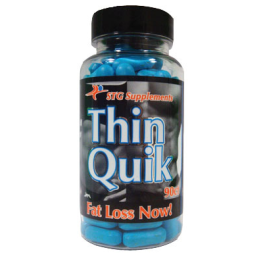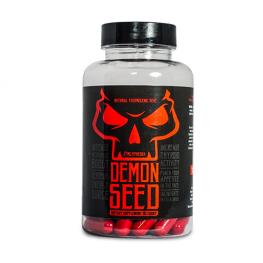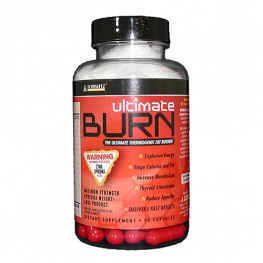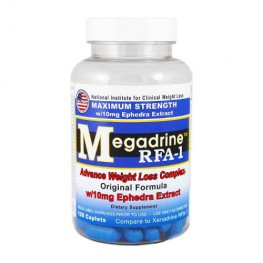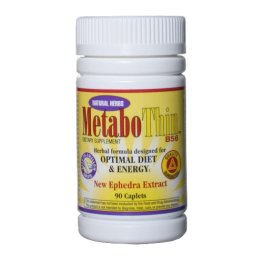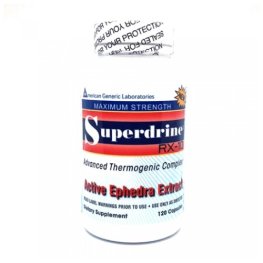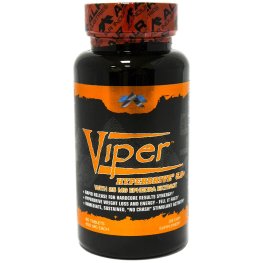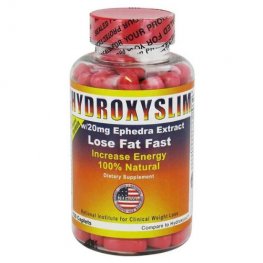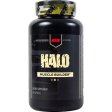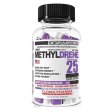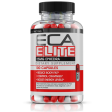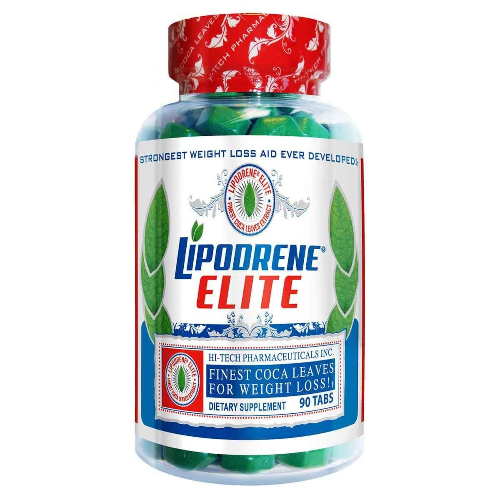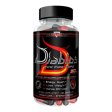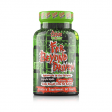Acacia Rigidula
Acacia rigidula is an herbal supplement ingredient found in Texas and Mexico that is used in weight loss supplements for its stimulant properties. The chemicals in Acacia rigidula is what gives it energy stimulating effects like phenethylamine. Racer Ephedra offers many different legal diet pills that contain acacia rigidula to buy with many of them also contain ephedra.
 Where to Buy Acacia Rigidula
Where to Buy Acacia Rigidula
Racer Ephedra offers the best online store where to buy Acacia Rigidula. Furthermore, find the largest selection of energy and fat burner products. Acacia Rigidula has become a cutting-edge herbal energy ingredient. The leading brands have found it delivers similar metabolic boosts to the original ephedra and ephedrine alkaloids. Racer has over 20 years experience selling highest quality diet pills. Buy safe and secure from an online website you can trust.
Supplements Alkaloids Fat Burner
Supplements and fat burners are a $22 billion dollar industry. Moreover, most adult Americans are overweight or obese. This makes finding naturally occurring alkaloids a priority. A 1995 study showed 30mg dosage ephedrine alkaloids increased metabolic functioning 6.6%. A 1991 study demonstrated a 10% increase. The FDA banned dietary supplements containing ephedrine alkaloids.
New research shows acacia rigidula contains 40 active compounds. The southern Texas and central Mexico herbal shrub stimulates best-2,3 adrenergic receptors. This stimulation can promote greater metabolic functioning and lipolysis. Most importantly, a supplement containing acacia rigidula could be the best new fat burner.
Acacia rididula's physiological effects were studied. The participant consumed a 250mg acacia rigidula extract and 300mg caffeine complex. The metabolic activity was measured. The researchers found the acacia group increased metabolic rate by 12%. This was greater than ephedrine alkaloid results. The results suggest acacia rigidula fat burners could rival original ephedra supplements. (3)
the FDA
The chemical phenethylamine is found naturally in acacia rigidula though in some cases in nutritional supplements in large dosages than are naturally occurring. The FDA found that some weight loss supplements listing acacia rigidula on the nutritional label also contained beta-methylphenethylamine (1) (BMPEA) which is not a naturally occurring form of phenethylamine. The FDA has stopped the sale of acacia rigidula supplements that contain the chemical BMPEA as it is considered an adulterated product and not naturally occurring.
Acacia Rigidula and Weight Loss
There is no current research on the weight loss benefits of acacia rigidula. Acacia rigidula is added to weight loss formula as many of the chemicals and alkaloids that naturally occur have stimulant properties (2). Phenethylamine alkaloids have become a hot ingredient in diet pills which can be found naturally in acacia rigidula. The research that has been done on acacia rigidula has monthly been on ingredients found in dietary supplements containing acacia rigidula.
Benefits
The benefits of acacia rigidula are still a matter of debate as some consumer swear by the products and there isn't enough science for concrete conclusions. Acacia rigidula is often used for weight loss and athletic performance.
Pills and Products for Sale
Racer Ephedra offers legal products with acacia rigidula that are available to buy with free shipping. Though there presently no research studies demonstrating weight loss results some of the most popular ephedra diet pills for weight loss like Green Stinger and Thinquik both contain acacia rigidula.
Side Effects
There are presently no known side effects of acacia rigidula. As a stimulant, acacia rigidula can have the same effects as other stimulant supplements. Complaints are small in number as it relates to acacia rigidula and hard to know what ingredient the culprit is as often formulated with a wide variety of stimulating compounds.
Legal
Racer Ephedra stays up to date with the latest from the FDA so the products listed are legal to buy. This can change at any time as the FDA makes new decisions best on dietary ingredients on a regular basis. The key aspect is naturally occurring. Acacia rigidula is a shrub found in the Southwest and Mexico. Manufacturers utilizing nature is the best way to keep products legal and safe.
Clinical Trials and Research Studies
The emergence and spread of antibiotic resistance have become major concerns in the field of healthcare. As bacterial pathogens continue to evolve, finding effective agents to combat them has become increasingly important. In the search for novel antimicrobial solutions, plant species within the Fabacae family have grabbed attention due to their reported antimicrobial activities. Among these plants, Acacia Rigidula has shown great promise. This article aims to delve into the potential of Acacia Rigidula through a comprehensive exploration of clinical trials and research studies.
Understanding Acacia Rigidula
Acacia Rigidula, also known as Blackbrush Acacia, is a plant species commonly found in illegal food supplements marketed as slimming agents. While there is limited clinical data available on the potential biological effects of Acacia Rigidula, its presence in various food products raises concerns about its safety and efficacy. However, it is important to note that Acacia gum, derived from Acacia Senegal, has a documented history of use as a food ingredient and is not subject to the Novel Food Regulation.
Clinical Trials on Acacia Rigidula
Clinical trials provide valuable insights into the safety and efficacy of Acacia Rigidula. While there is a scarcity of published clinical data on this plant, ongoing research aims to fill this gap. These trials focus on assessing the potential benefits and risks associated with the consumption of Acacia Rigidula, particularly in the context of weight loss and its impact on overall health. By conducting rigorous experiments and analyzing the results, researchers aim to shed light on the true potential of Acacia Rigidula in improving human well-being. (7)
Study 1: Investigating Antimicrobial Activities
One study sought to explore the antimicrobial properties of Acacia Rigidula. The researchers conducted susceptibility testing using crude extracts of Acacia Rigidula leaves on nine microorganisms. The results provided evidence of significant antimicrobial activity, with Acacia Rigidula displaying higher activity than other Acacia species. Notably, both gram-negative and gram-positive bacteria showed susceptibility to the extracts. These findings suggest the potential of Acacia Rigidula as a natural antimicrobial agent.
Study 2: Identifying Secondary Metabolites
In another research endeavor, scientists aimed to qualitatively determine the secondary metabolites present in Acacia Rigidula extracts. Through phytochemical testing, they identified the presence of phenols, flavonoids, saponins, terpenoids, and tannins. These compounds are known for their antimicrobial properties and can exert various modes of action against pathogens. Additionally, Nuclear Magnetic Resonance (NMR), infrared spectroscopy (IR), and ultraviolet-visible spectroscopy (UV-Vis) were employed to identify different secondary metabolites within the samples. The results confirmed the presence of bioactive components in Acacia Rigidula.
Study 3: Exploring Antioxidant Activities
Antioxidant activities of Acacia Rigidula extracts were investigated in a study focusing on their potential to scavenge free radicals. By employing DPPH, relative reducing power, and hydroxyl radical assays, researchers evaluated the antioxidant capacity of the extracts and compared them with known antioxidants. The results indicated enhanced scavenging activity upon fractionation of the extracts. The water fraction exhibited particularly strong antioxidant responses, further reinforcing the potential of Acacia Rigidula in combating oxidative stress. (9)
Research Studies on Acacia Rigidula
Beyond clinical trials, research studies have also explored the properties and applications of Acacia Rigidula. These studies provide valuable insights into the chemical composition, pharmacological effects, and potential therapeutic uses of this plant. (8)
Study 1: Phytochemistry of Acacia Sensu Lato
One research study aimed to expand our understanding of the chemical composition of Acacia species, including Acacia Rigidula. While limited information is available on the chemistry of most Acacia species, preliminary screening studies have revealed the presence of amines, alkaloids, cyanogenic glycosides, flavonoids, saponins, and tannins in Acacia plants. These compounds play crucial roles in the biological activities exhibited by Acacia species and have the potential to contribute to their antimicrobial properties.
Study 2: Comparative Analysis of Extracts
In a comparative analysis, researchers investigated the antioxidant and antimicrobial activities of different extracts obtained from Acacia Rigidula. By using solvents of increasing and decreasing polarity, they examined the differential activities of the extracts and their total phenolic contents. The results demonstrated that the ethyl acetate and water fractions of Acacia Rigidula extracts exhibited higher total phenolic contents and enhanced antioxidant and antimicrobial activities. These findings highlight the importance of extraction methods in maximizing the bioactive potential of Acacia Rigidula.
Study 3: Medicinally Valued Bioactive Components
Another research study focused on analyzing the leaves extracts of Acacia Rigidula to identify medicinally valued bioactive components. Through various chemical analysis techniques, including NMR, IR, and UV-Vis spectroscopy, the researchers revealed the presence of flavonoids, saponins, and tannins in the extracts. These bioactive components have been associated with numerous therapeutic benefits, including antimicrobial properties. The study suggests that Acacia Rigidula extracts contain valuable compounds that could be employed in the development of drugs for the treatment of infectious diseases caused by various pathogens.
Conclusion
Acacia Rigidula holds significant potential as an antimicrobial agent, with promising results emerging from clinical trials and research studies. While the plant's safety and efficacy require further investigation, the presence of bioactive components and the observed antimicrobial and antioxidant activities highlight its value in the fight against bacterial pathogens and oxidative stress. Continued research and clinical trials will shed more light on the true potential of Acacia Rigidula, paving the way for its potential application in the development of novel therapeutic agents.
Additional Information: Acacia Rigidula has been traditionally used in some cultures for its purported weight loss benefits. However, further research is needed to validate these claims and determine the appropriate dosage and administration for such purposes.

